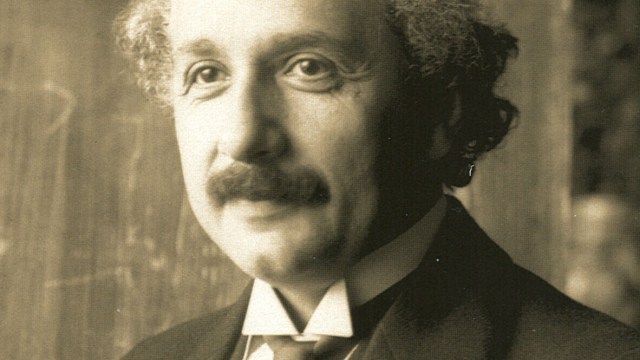Discovering How Humans Got Malaria

Today marks the second installment of Big Think’s newest series, “Moments of Genius,” which is sponsored by Intel and focuses on key discoveries by math and science leaders. In our latest clip, Nathan Wolfe, director of the Global Viral Forecasting Initiative, talks to Big Think about how he and his team of epidemiologists discovered the chimpanzee origins of one of the most important public health crises of our time: malaria.
So far for the series, we sat down with math and science thought leaders—from the inventor of the very first portable cell phone, to the man who turned HIV into a manageable disease—to figure out when and how their passions were born. This first set of interviews featured Martin Cooper, inventor of the cell phone; David Ho, the AIDS researcher famous for pioneering combination therapy in treating HIV-infected patients; and Arlie Petters, a mathematical physicist at Duke who’s out to prove that there’s a fifth dimension.





